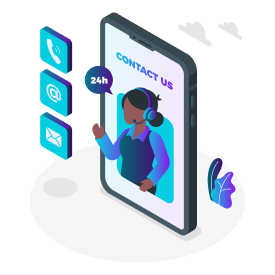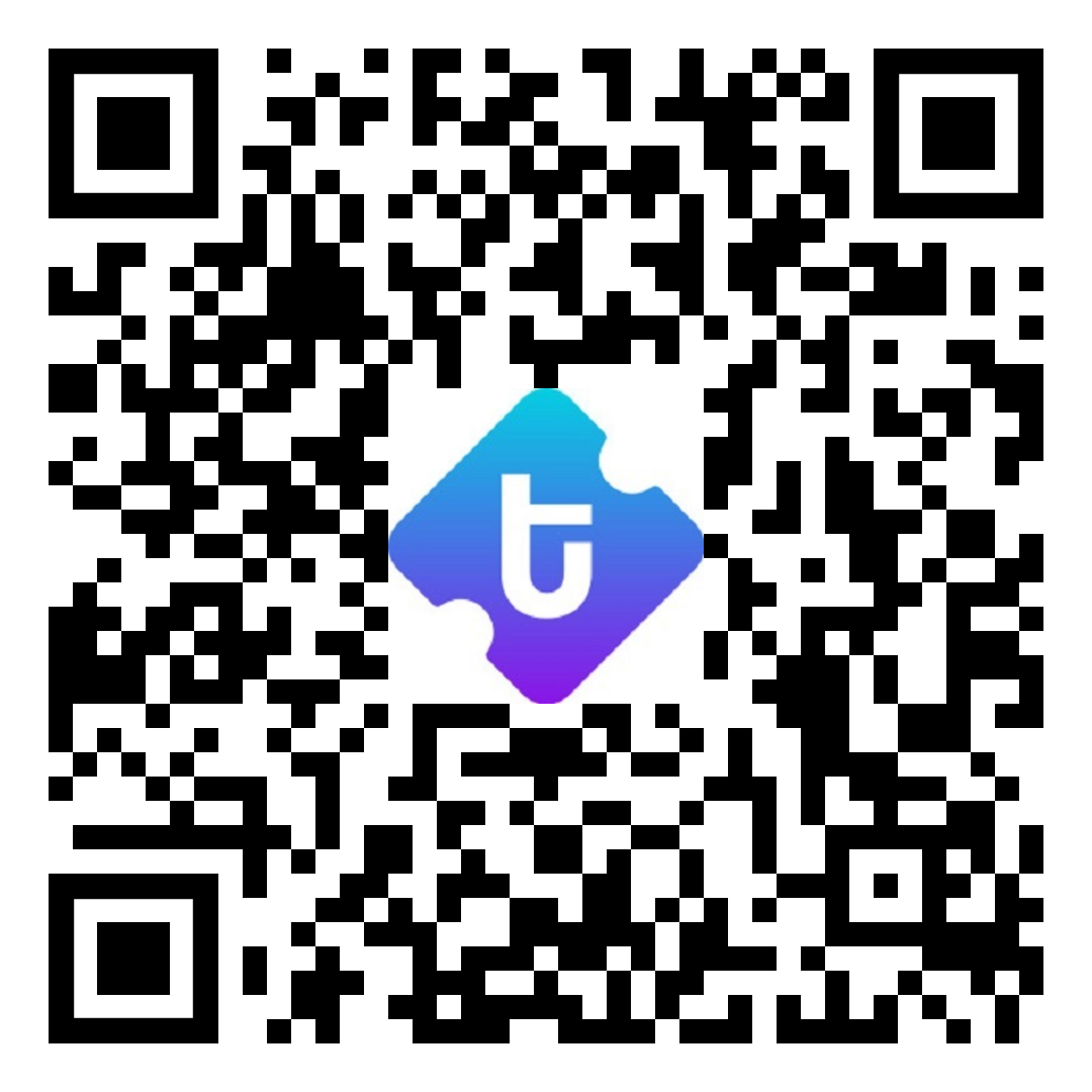Harnessing the Power of Data: Insights for Optimizing Event Ticket Sales

Why Data Matters in Event Ticket Sales
In today’s digital world, data isn’t just useful — it’s essential. If you’re selling event tickets, data gives you a clear advantage. It identifies your target demographic, what appeals to them, and how to effectively sell more tickets.
Whether you’re organizing a music concert, business expo, food festival, or stand-up comedy show, tapping into your event data can help you make smarter choices. You can improve marketing, raise income, and enhance attendance with the correct insights, all without making any educated guesses.
Let’s explore how you can harness the power of data to optimize ticket sales, better understand your audience, and improve your overall marketing efforts.
When you collect and analyze the right data, you can:
- Understand who is buying tickets and why
- Spot trends in ticket sales
- Personalize your marketing strategies
- Offer better pricing and promotions
- Maximize your sales before and during the event
Understanding Your Audience
One of the biggest benefits of using data is gaining a deep understanding of your audience. The more you know about who’s buying your tickets, the better you can market to them and plan experiences they’ll love.
Here’s what to track:
-
Demographics
Knowing the age, gender, and location of your audience helps you shape your message. For example, if most of your attendees are between 25–35 and based in urban areas, your tone, content, and ads should reflect that.
-
Buyer Behavior
- When people buy tickets (early, last-minute)
- What ticket types are most popular
- How many people come in groups or solo
This tells you how to package tickets or when to run promotions.
-
Engagement History
- Past event attendance
- Response to emails or ads
- Website activity
This helps you identify loyal customers and tailor offers for them.
-
Preferences and Interests
Use surveys, registration forms, or social media polls to learn what people want. You can ask:
- What kind of events do they enjoy
- Preferred event times or venues
- Pricing expectations
The more you know, the more you can deliver personalized experiences that build loyalty and trust.
Key Data Points to Track
Ticket Sales Metrics
- Total tickets sold
- Revenue per event
- Ticket sales over time
- Sales by category (early bird, VIP, regular)
Traffic Sources
- How people find your event (Google, Instagram, Facebook, email, influencers)
- Which channels drive the most conversions
- Which platforms bring engaged users
Website Behavior
- Bounce rates
- Time spent on the ticketing page
- Cart abandonment rates
- Click patterns (using tools like Hotjar)
Social Media Metrics
- Likes, comments, shares
- Follower growth
- Link clicks and profile views
- Reach and impressions
Improving Marketing Strategies Using Data
Data gives you a clear picture of what’s working and what’s not, so you can refine your marketing strategy for better results.
-
Target the Right Audience
Use demographic and behavioral data to create detailed customer segments. For example:
- New visitors vs. returning buyers
- Users from specific cities or regions
- Attendees interested in certain event types
Send each group tailored ads and emails — they’ll be more likely to engage and convert.
-
Perfect Your Timing
Timing is everything in event marketing. Your data can tell you:
- When people start browsing tickets
- When most sales happen
- When email open rates peak
Schedule your promotions and reminders around these windows to increase effectiveness.
-
Refine Your Messaging
A/B test different ad headlines, email subjects, or social media captions. Track:
- Open rates
- Click-through rates
- Conversions
Over time, you’ll learn which wording drives the most action.
-
Double Down on High-Performing Channels
Let’s say most of your ticket sales come from Instagram and WhatsApp. Invest more time and budget into those channels instead of spreading yourself too thin.
Use tools like Google Analytics and your ticketing platform (like TKTBY) to spot the top-performing sources.
Increasing Ticket Sales with Smart Data Use
-
Personalize Promotions
Use email segmentation to send targeted offers. Examples:
- “We missed you last time!” for people who visited but didn’t buy
- “Exclusive VIP access just for you!” for past premium buyers
- “Early bird ends soon — get your spot!” for fence-sitters
People respond better when messages feel personal.
-
Offer Dynamic Pricing
If early bird tickets are selling fast, you can gradually increase prices as the event approaches. This strategy builds urgency and rewards early buyers.
If sales are slow, a time-limited discount can create a much-needed boost.
-
Retarget Interested Visitors
Use Facebook Pixel or Google Ads remarketing to show ads to people who:
- Visited your event page
- Clicked on “Buy Now” but didn’t complete
- Engaged with your social media
This keeps your event top of mind and pulls people back to buy.
-
Use Social Proof
Share real-time data:
- “Over 2,000 tickets sold!”
- “Only 20 VIP passes left!”
- “See what attendees are saying” with screenshots of reviews
Social proof builds trust and urgency.
-
Collaborate with Influencers
Use data to identify influencers in your niche who have a highly engaged audience. Track performance using UTM links or promo codes to see how much each influencer drives in sales.
Real-World Example: How Data Helped an Event Sell Out
- Ticket sales spike 2 weeks before the event → Start your ad spend earlier to capture early interest and extend the buzz.
- VIP tickets sold out in 5 days → Add more VIP passes or increase their price.
- Most sales came from Instagram and WhatsApp → Focus more effort and money on these platforms, and reduce less-effective Google Ads.
- Attendees were mostly aged 21–28 and lived in nearby cities. → Target those cities with localized ads and influencer campaigns.
All these decisions are data-backed, and they’ll lead to higher conversions, happier attendees, and better profit margins.
Final Thoughts
If you’re running events, data isn’t optional anymore — it’s your best tool for success.
Understanding your audience, improving your marketing, and increasing your ticket sales all become easier and more effective when you let the numbers guide you.
Start small:
- Use a smart ticketing platform like TKTBY
- Connect Google Analytics
- Segment your audience
- Test your marketing
- Review post-event feedback
The more you learn, the better your results will be. Data takes the guesswork out of decision-making. Instead of relying on assumptions or copying competitors, you can rely on real insights from your own audience. Every click, view, or purchase tells a story — and when you listen closely, you’ll know exactly what your audience wants from your events.
The best part? You don’t need a big budget or a team of analysts to start using data. Even small actions — like checking when people buy tickets or seeing which social post drove the most clicks — can lead to big improvements in how you sell and promote.
So whether you're organizing a local workshop or a large-scale music festival, use data as your compass. In addition to increasing ticket sales, it will improve customer experiences and encourage repeat business.
Make data your co-pilot, and success won’t be far behind.

 9054792645
9054792645 info@tktby.com
info@tktby.com
